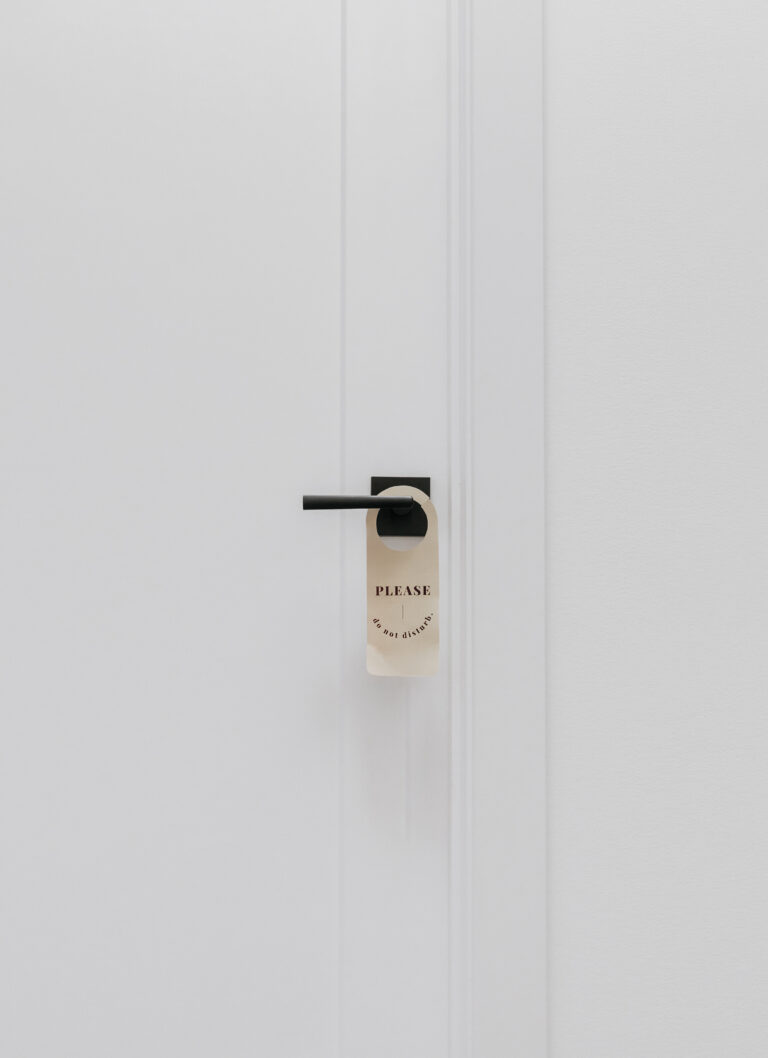When I speak with exhausted parents for the first time, it’s not uncommon for them to say to me, “I need help with my baby but I have a toddler too… it’s probably too late for them isn’t it?” They’re usually pleasantly shocked when I tell them it is certainly NOT too late to help their toddler become a better sleeper.
Let me say it louder for the people in the back: it’s never too late to make sleep better!
There are many reasons why a toddler might be having sleep issues. Maybe they were never a great sleeper to begin with, maybe things changed after a vacation, an illness, or the transition from crib to bed. Maybe your toddler has prematurely given up their nap, is going to bed too late, or waking up too early in the morning. Whatever the reason and whatever the challenges, your toddler can sleep well.
Here are five of the most common sleep issues plaguing parents of toddlers + solutions that you can start tonight!
My toddler just isn’t tired before 10 p.m.
Without even knowing your child, I can confidently say that yes, they are.
It may be slightly confusing because it is common for toddlers not to seem tired at an earlier hour, but that is usually because they’ve gone past “tired” and are now “overtired.” Toddlers who have stayed awake their body’s optimal sleep window often appear very energetic and hyper. This is because when the body is not able to sleep when it needs to, it starts emitting stimulating hormones like adrenaline & cortisol to try to stay awake.
I know it may seem backwards, but depending on your child’s nap timing and length (if applicable) try to begin your child’s bedtime routine between 6:00 and 7:00 p.m. with the aim to have them in bed before 8:00 p.m. This will align nicely with a natural dip in their circadian rhythm which should – in theory – make bedtime smoother.
However, if your toddler is a usually great sleeper and is truly struggling to fall asleep – especially if they are happily awake in their bed after lights out – you may also have to take a closer look at their schedule. If your older toddler (3-5 years) is napping for more than 2 hours during the day and/or is taking a nap that extends late into the afternoon, you may consider capping it to be shorter or dropping it altogether and substituting it for quiet time instead. This will help your child build up enough sleep pressure to get to bed at a reasonable hour.
It goes without saying that schedule adjustments take time and are just one piece of the puzzle. Don’t call an earlier bedtime a failure if it doesn’t *work* in a night or two.
My toddler is stalling at bedtime
Toddlers like to test boundaries. Period. They push and push to see how far you will bend, but in actuality, they are very fearful of what would happen if those boundaries suddenly disappeared. Toddlers truly crave structure and predictability in their lives as well as in their bedtime routines.
Trying to delay bedtime is the quintessential way toddlers test the water at this age. They may resist getting out of the bath, ask for “just one more story”, endlessly request more water, the fan on, their socks off, etc. just to see how much they can get from you. The only way to prevent this incessant negotiating is to not negotiate at all!
Take a close look at your bedtime routine: where are things unraveling and how can you firm up the boundaries?
Here’s an example: perhaps your child wants you to read every book on their bookshelf. Instead, have them choose 3 books. Three is the magic number they get each night and there’s no amount of whining or protesting that gets you to add a 4th. Trust me, they want you to stick to your guns and be the adult in the room.
If your toddler likes to rattle off requests right before getting into bed, I like building in an opportunity for “last call”. This gives your child 3-4 minutes at the end of the routine, before getting into bed, to ask for anything else they need before it’s lights out. Building in stalling to your routine can be really helpful!
Pro tip: if you are using a Hatch toddler clock, try the color system! During the bedtime routine, the clock is green. During “last call” the clock is yellow, and when it’s time to get in bed, the clock turns red/goes off.
Since you will be firming up boundaries in some areas, give your child appropriate choices in other areas; which pajamas would they like to wear? Which three books would they like to read? What speed do they want the fan on? Giving them some control over benign things like this can help minimize protests over things that are non-negotiable, like going to bed in general.
My toddler won’t stay in bed
Once your child has transitioned from a crib to a bed, they suddenly have a ton of new freedom to experiment with. Since toddlers are professional boundary testers, it is expected that they will try to push the limits from time to time.
The key to managing this effectively is to set clear expectations around bedtime and overnight behavior. If your child is falling asleep independently at bedtime, they already have the confidence and ability to sleep on their own, they just need a reminder that the boundaries are still the same in the middle of the night. Walk them back to bed and make any interaction as boring as possible. If sleeping in your bed, having you lay with them, or getting something else in the middle of the night is an option (even inconsistently), they will keep waking and looking for that thing. Consistency matters here, so even if you have to walk them back 50 times, you must hold this boundary.
Toddler sleep disruptions can be incredibly nuanced. If you’re currently struggling with this, then let’s connect and get a plan & support in place for you.
One helpful strategy to help your toddler really understand and absorb the nighttime rules is to create a “social story” for them. A social story is a story featuring your child that takes them through their bedtime routine, the expectations around bedtime, what to do if they wake in the middle of the night, and when they are allowed to get up in the morning. Writing, illustrating, and reading a story like this can be a very positive and age-appropriate way to help your child understand the boundaries around sleep.
My toddler has separation anxiety at bedtime
Unfortunately, there is not a whole lot you can do to prevent separation anxiety. It is a pretty common phase many toddlers go through at various points in their cognitive development and is something that will just pass with time. However, there are a couple do’s and don’ts that are important to be mindful of if you want to get through this phase with a great sleeper still intact:
DO be sensitive to your child’s seemingly real fears and anxieties. If your toddler is getting anxious when you turn out the light to leave, you can tell them that you’ll be back to check on them in a few minutes as long as they lay quietly. This can help them to feel safe and secure while also maintaining a healthy environment for them to fall asleep independently. If the darkness is the trigger, add a sleep-friendly nightlight like a salt lamp.
DON’T give into the temptation to bring them into your bed or lay with them until they fall asleep. Not only will this confirm that they are not safe without you present, it can create a tough habit to break once the developmental phase is over. Offer extra love + reassurance, but keep your routines + boundaries the same.
My toddler slept well until we transitioned from a crib to a bed
Trouble with this transition is probably the number one reason toddler parents seek out my services. While I do work with plenty of toddlers who have never been great sleepers, the majority of toddler families who seek me out had wonderfully sleep trained babies whose wheels came off with the crib bars.
If your child is under age 3 and you’re struggling, I’d highly encourage you to bring back the crib. I know it can seem counterproductive to go backwards, but it really is best to wait until your child is more cognitively mature and capable of understanding the invisible boundaries of a bed. When you’re ready to make the transition again, read this blog post to help you prepare. In it, I tackle the most commonly asked questions about navigating this transition successfully.
If your child is over age 3 or you cannot bring back the crib, I’d encourage you to reach out to me so I can help you get a plan & support in place. This is going to save you many months of unnecessary trial + error, frustration, and tears from everyone.
Toddlers are special little humans; they are fiercely independent, are very opinionated, and have a ton of stamina. I always joke with my toddler families that the sleep-change process is going to be a battle of wills: who can outlast the other.
Consistency is vitally important when making sleep changes with toddlers and this can get exhausting. If things seem too overwhelming and you would like some support to get your family back on track, my custom toddler plans can help.














